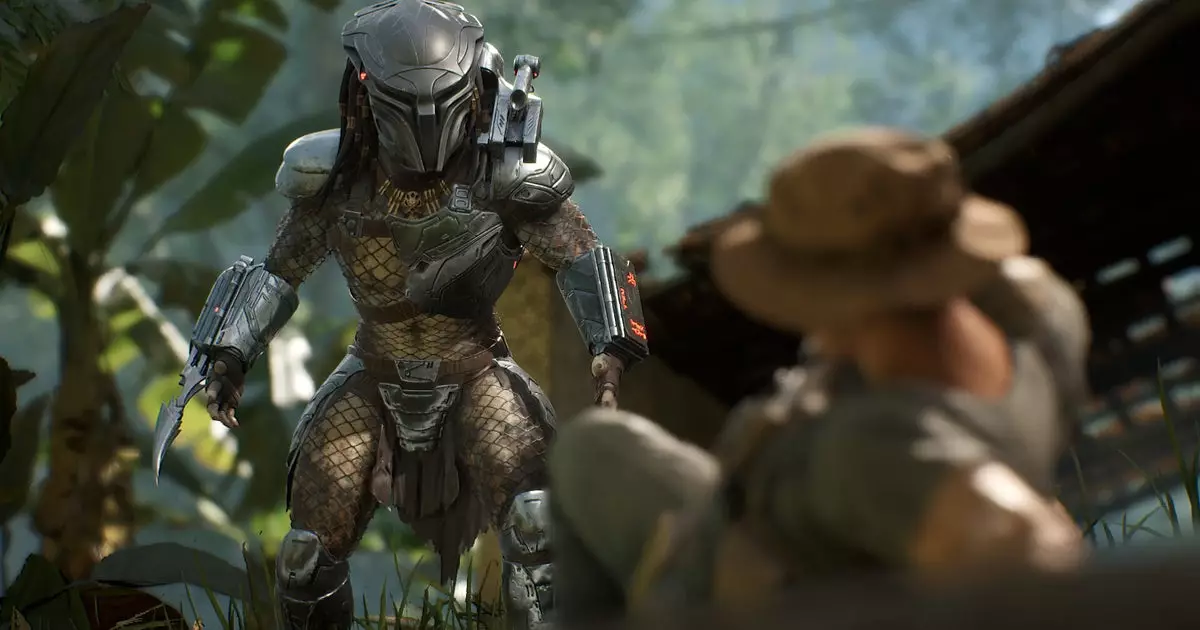In a disheartening turn of events, IllFonic, the studio behind popular titles such as *Friday the 13th: The Game* and *Predator: Hunting Grounds*, has announced layoffs affecting an unspecified number of its staff. While the official communication from the company’s CEO, Charles Brunghardt, hinted at “re-aligning” the company toward a “refined strategy,” the lack of specific details raises questions about the underlying causes of these job cuts. The statement reflects a growing trend across the gaming industry, where economic pressures and shifting market dynamics have prompted similar actions from several developers.
IllFonic’s statement did little to ease the concerns of its remaining employees or the video gaming community at large. The phrase “the state of the industry” suggests that broader market challenges play a pivotal role in this decision, which unfortunately often implies a grim narrative of financial strain. The gaming sector has witnessed a significant number of layoffs recently, tracking over 14,000 job losses this year—a concerning rise from the previous year’s numbers. This statistic exemplifies the volatile landscape within which gaming companies operate, hinting that IllFonic’s layoffs are part of a much larger trend.
As gaming licenses come and go, studios find themselves at the mercy of shifting legal landscapes. For IllFonic, the expiration of their license for *Friday the 13th* may have had a pronounced effect on their financial viability. By pulling the much-acclaimed title from the market last December, they not only lost a significant source of revenue but also alienated fans who enjoyed the game. With *Ghostbusters: Spirits Unleashed* and *Killer Klowns from Outer Space: The Game* struggling to gain traction, the company’s ability to pivot to alternative successes appears more daunting than anticipated.
Critically, this situation emphasizes how vital it is for gaming companies to diversify their portfolios and remain agile in a shifting market. The lack of a strong follow-up title—despite well-meaning insights about trying to appeal to a broader audience—also indicates that the games’ conceptual foundations may not have resonated with players. IllFonic’s endeavor to draw in those outside of the hardcore gaming demographic seems noble but raises further questions about the company’s market strategy.
While the financial realities of the gaming industry make headlines, the human impact behind the layoffs often remains overshadowed. IllFonic’s decision to part with a portion of its workforce doesn’t merely affect the numbers on a balance sheet; it significantly impacts the lives of talented individuals who are now left without jobs. Brunghardt’s expression of “heaviest of hearts” sheds light on the emotional burden that company leaders carry during such difficult times, yet it does little to aid those who find themselves searching for new opportunities.
In the modern age of gaming, the talent pool is both a prized and precarious asset. Companies should consider their responsibility not only to their shareholders but also to their employees. Platforms for re-employment and networking among the gaming community, as suggested in Brunghardt’s statement, may offer some assistance but require collaboration from other studios to be effective. A broader industry initiative that facilitates job transitions within the gaming sphere could help soften the blow for those affected by such layoffs.
Despite the unfortunate nature of the recent layoffs at IllFonic, the situation is symptomatic of the challenges facing the broader gaming industry. In an era marked by rapid technological advancements and shifting consumer preferences, companies must adapt quickly to maintain relevance. This includes nurturing existing franchises while continually innovating new concepts that can capture the public’s imagination.
For IllFonic, the path forward will require strategic planning that emphasizes adaptability and resilience in the face of adversity. The ability to restructure and pivot based on market demands will remain essential for their survival. Moreover, fostering a culture that supports employee development could go a long way in retaining talent during tumultuous times. Ultimately, while the short-term outlook may be bleak for the studio and its laid-off workers, the opportunity remains for a stronger rebirth through focused strategy and community support.

